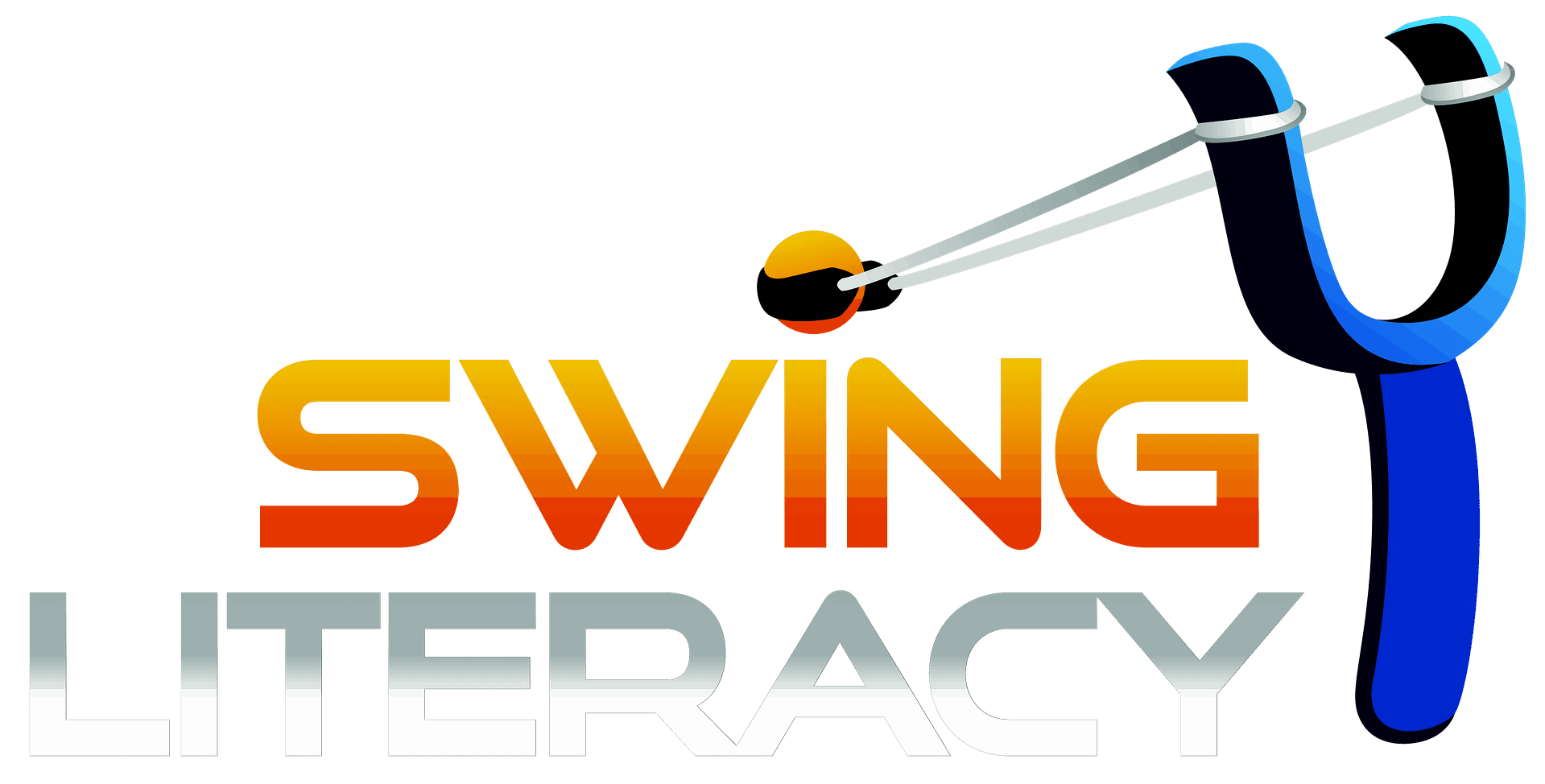No products in the cart.

Guidance for college-aged Westies
Reading Time: minutes remaining
We all wish we could have started dancing earlier than we did. Just imagine what your teen years would have looked like if you had WCS in your pocket! Thanks to social media, the WCS demographic is getting younger, and there are more 20-somethings dancers than ever. Events and studios are wising up and starting to adjust their format to encourage these young people to go forth and multiply, bringing more of their friends into the community. We’ve always said this dance needs to attract the next generation in order to ensure its survival and growth. Well, mission accomplished!
But this demographic has different needs than the more mature dancers who have established careers and/or families. I’m speaking specifically about the college-age group. Those who have graduated from both high school and Juniors division, or who discovered WCS while in college/university. As we all can relate, this phase of life can be a wild, inspiring time of pursuing endless possibilities, but it presents a new set of struggles: the reality checks are frequent and can be unforgiving. These dancers are brimming with vibrancy, enthusiasm, and passion. But they are still learning:
- How they want to operate in life.
- How they fit into their own dance scene and into the bigger pond of the global dance community.
- How the social dance culture works.
- How to juggle work/school and dance.
- How to transition from social dancer to competition dancer or routine dancer.
- How to transition to a teaching/leadership role.
- How to build and manage relationships with dancers and non-dancers.
- How to appropriately and sensitively use communication tools such as flirting, sarcasm, and friendly teasing.
- How to navigate competition politics.
The majority of these young dancers don’t have the income to afford regular lessons, where they would likely get mentorship and their teachers might set an example as role models, and steer or guide their attitudes and actions away from pitfalls. Informal mentorship is available, but not solicited.
This is not to say that all young dancers are lost and need help – I have had the pleasure of coaching and cheering many very mature young people who have represented their generation very well. But some things fall through the cracks, or you hope they won’t have to learn the hard way.
The dance community is under no obligation to parent or mold these young people, but if this generation is supported well, everyone stands to benefit.
In an effort to reach out to these young people and offer some brotherly guidance:
Imagine you are offering advice to yourself at that age, then imagine adding the element of social dancing. What do you wish you knew then that you learned the hard way later? What advice did you get at that age that you wish you had heeded?
Let’s also think about the actual young dancers we see in our scene today. Maybe even one or two in particular. What (social/political/economical) mistakes do you see them making? What would you say if you could take one of them under your wing and have a heart to heart?
Feel free to add your own advice below. I reserve the right to moderate, so keep it simple, constructive, and positive.
I’ll start with 20 I’ve collected from both my experience coaching young people, and conversations with fellow Champions who do.
Guidance for College-Aged Dancers
1. Ask questions. You never know what is not being said. You’d be surprised what you can learn and from whom.
2. Take advantage of free things. Event workshops and video notebooks that are included in your pass. Be a dance dummy for other people’s private lessons. Borrow instructional videos from friends. Have a Peer Jam Session to work on dance homework with a group of friends.
3. Even if you are not in a leadership role yet, you might be someday, so today you are building a reputation and public persona. Conduct yourself with this in mind.
4. All drama passes. Avoid getting caught up in it. If it feels like high school, stop and rethink.
5. Don’t talk s**t. Someone will leak, it will be blown out of proportion, and it WILL come back to haunt you. If you need to vent, choose your advisor wisely and ensure no one can hear you before spouting off. Hotel room walls are often thinner than you think.
6. Take your drama outside. Don’t bring it into the ballroom. Remove yourself to respectfully preserve the atmosphere and protect your reputation.
7. Learn to manage your indulgences. For those who are of legal age, figure out your personal alcohol tolerance (for safe dancing) and count your glasses. Stay hydrated. Yes we can smell it on you.
8. Take care of your party buddies. Someone has to be the Designated Driver. Use Uber. Keep track of each other’s whereabouts and check in to make sure your buddy is ok. Let your friends know if you decide to take off somewhere.
9. Do your research. This dance is an art: Study the greats. Analyze the trends. Learn the shared history of our dance. Ask your elders to tell you stories.
10. Don’t be a social dance snob. People notice and people remember. Dance enthusiastically with partners of all ages, sizes, levels, and aesthetics. You’ll still have lots of time to dance with your friends.
11. Like sex, you won’t impress anyone by bragging about being self-taught. You need feedback to learn properly, and you need to learn what others expect from you.
12. Learn to save money for short term goals. Put 10% (or more) of each paycheque into a ‘dance fund’. If you have extra, don’t splurge on another event- reinvest in yourself: use it for a private lesson with a pro you can’t usually afford.
13. Control your spending habits. No need to buy brand names yet. Learn where to shop trendy and cheap. Take advantage of thrift shops and clothing swaps. But do spend money on quality technical gear such as proper dance shoes.
14. Learn how to dress your body type. Look for pros who resemble you and observe how they dress. Note subtle things like hem length, proportions, and sweat management.
15. Think ahead. Make hotel arrangements in advance. Take advantage of early bird tickets. Watch flight prices. Plan Strictly dates and keep track of them (and follow through!). Pay attention to the event website. Don’t get caught off guard by theme nights or fail to prepare for the “dress-to-impress” awards ceremony. Make note of any meetings you are required to attend.
16. Listen more than you speak. It’s understandable to want to share what you know and relate to others’ stories, but resist the urge to interrupt and redirect the conversation back to yourself. Just as in leading and following, nobody likes a hijacker.
17. Manage your social media responsibly. Too many selfies makes you look narcissistic. Answer your emails. Avoid over-sharing on Facebook. Use the setting that allows you to choose the audience you broadcast your status updates to. Not every one needs to know every thing.
18. Respect the studio/event/hotel. It’s all fun and games until someone gets slapped with a fine for damages.
19. For the young women in particular: Even though the dance community is generally a safe zone, predators exist everywhere. Protect your body and keep your wits about you when you are alone in a room or car with someone.
20. Remember the little people when you are famous. Don’t ignore those you have passed competitively. No matter how good you get, you are never too good to dance with the ones who got you started.
You must be logged in to post a comment.


This was so helpful! Great advice for people who are not in college also! Thank you so much! Definately will share!
Great advice! Good for you, for thinking and planning for the upcoming generation of dancers…
BUT…this advice isn’t just for College age, or thereabouts…
I wish this list had been sent to me when I started dancing, at almost 50!
Great advice Tessa. I agree that dancers of all ages could profit from your words of wisdom. One of my pet peeves is when I see younger dancers passing up the opportunity to dance with older dancers who might be generations older. These older dancers are there to dance just like the younger ones and many of these older dancers can teach younger dancers a thing or two. And please don’t do pity dances. One thing I love about our community is all of the age groups represented on the dance floor. That’s so awesome! Thanks again Tessa for your advice and thanks again for the dance at 4th of July. It meant the world to me.
you are amazeballs,
Good stuff Tessa!